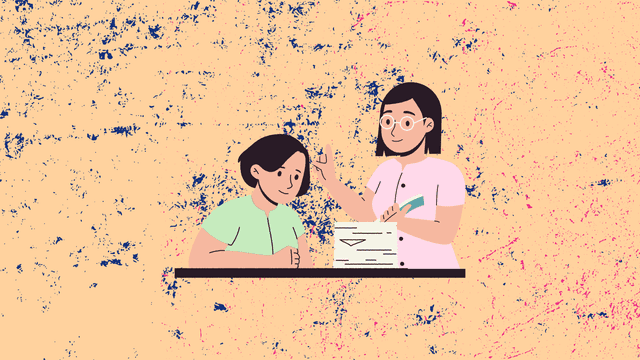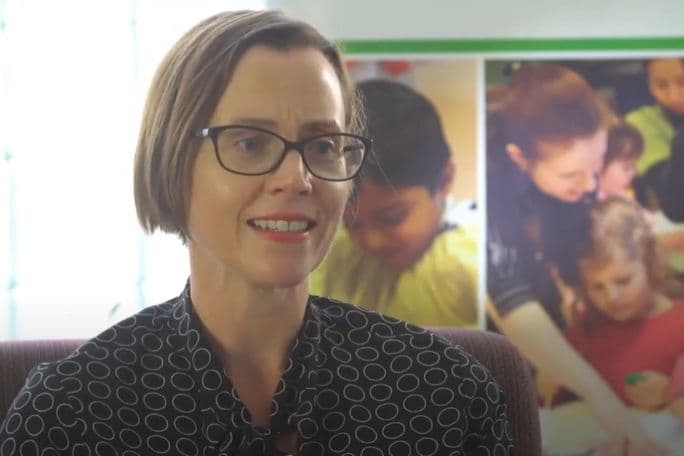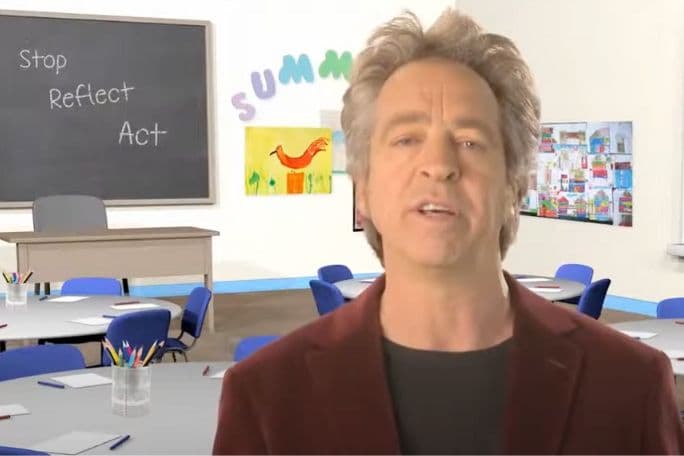
How to Build Good Relationships With Parents, Families and Carers
Go to
Course Summary
Course Content

Getting Started
Introduction
Set some learning goals

The Importance of Connecting with Families
Why family involvement in education is important
Developing partnerships with families
Different types of families
Culturally responsive practices
Effective communication with families

The Role of the Teacher
Your role
Building connection and trust
What to communicate
Barriers

Strategies
Making time to talk with families
Communication strategies
Proactive ways to involve families
Stop, Reflect, Act
Stop, Reflect, Act in action
Managing difficult relationships
Taking care of yourself

Reflection
Reflection
Taxonomy of learning
Suggestions for collaboration
Congratulations
Course Writers

Madelaine Imber is a leadership coach and instructional designer with experience across a diverse range of educational settings including schools, government departments, TAFEs, universities and the not-for-profit sector. She is passionate about good quality teacher professional learning.

Jarryd Bendall from Cool Australia is your course teacher. He comes from a long line of teachers, which is why he initially avoided this calling. After a myriad of roles in law, medicine, used car sales, and as the mascot for the Western Bulldogs AFL team, Jarryd eventually taught primary school for a number of years, before combining his love for writing and education at an Education Specialist role with Cool. This role sees him as a bridge between knowledgeable industry experts and classroom teachers, bringing excellence into the classroom and challenging the average curriculum with innovative and effective ideas.